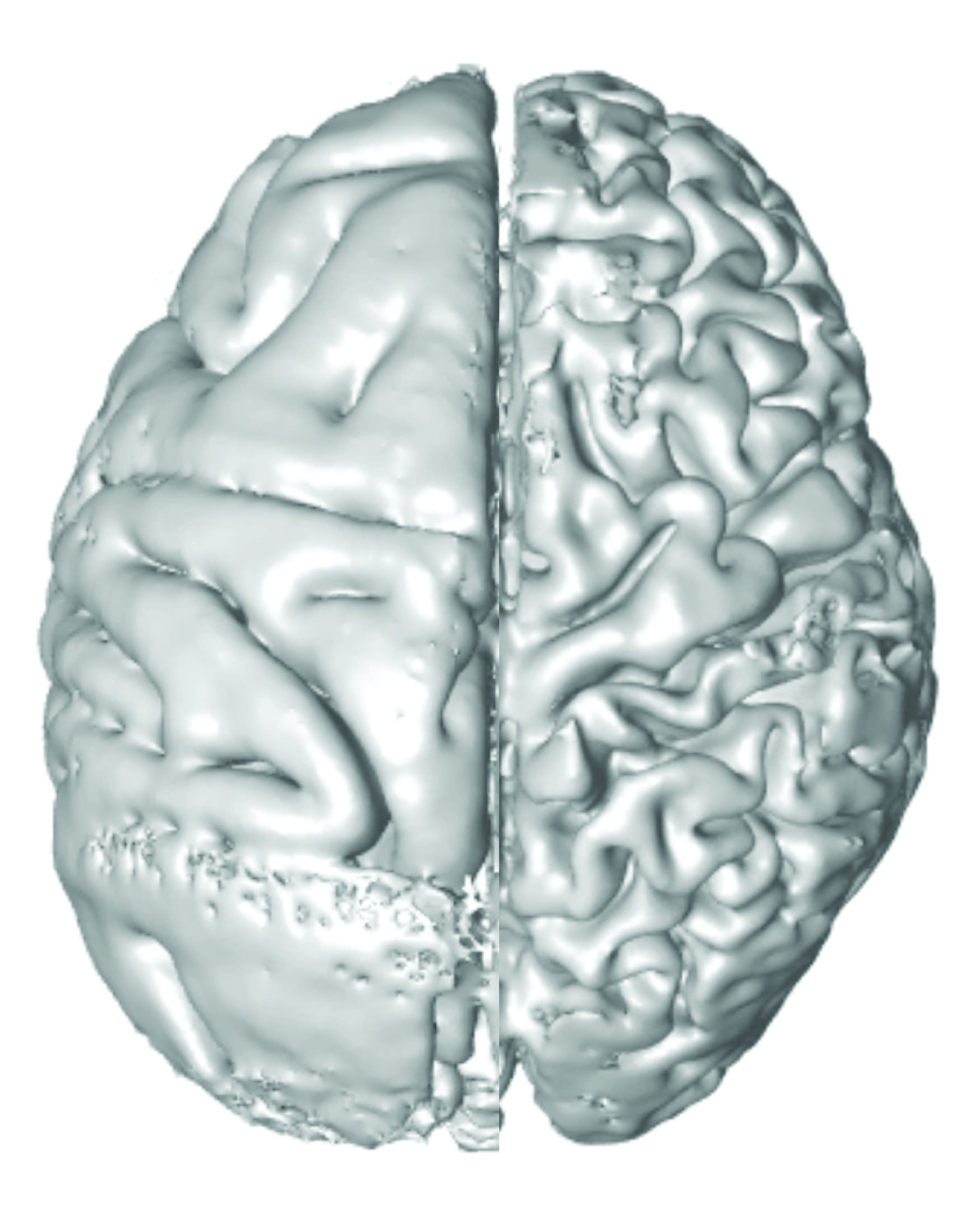Join
Interested in working in the Natural Intelligence Lab? please contact Hansem Sohn, [my first name].[my last name] [at] gmail.com with your CV!
Open positions
Natural Intelligence Laboratory has open positions for postdoctoral researchers and graduate students. Led by Hansem Sohn, the lab investigates how biological neural networks perform computation and generate intelligent behaviors. We will use multiple approaches including careful design of behavioral tasks, computational modeling with Bayesian theory and artificial neural networks, large-scale electrophysiology, and state-of-the-art fMRI for both humans and non-human primates. Ideal candidates have extensive experience in more than one of the approaches but the lab will provide opportunities to learn new techniques. Research topics are not limited to the above-mentioned projects and open to new proposals. Competitive salary or stipend (together with the tuition for graduate students) will be provided.
The lab is supported by Institute for Basic Science (IBS), Center for Neuroscience Imaging Research (CNIR), which houses multi-species animal facilities, multiple MRI scanners (3T, 7T), and cutting-edge neurophysiology systems. We offer a highly open, interactive, and collaborative research environment to promote innovative science. Sungkyunkwan university is a top-tier higher education in South Korea, located near its vibrant capital, Seoul (30 minutes drive).
If you are interested in working in the lab, please send a cover letter (stating why you are interested) and your CV/resume to Hansem Sohn, [my first name].[my last name] [at] gmail.com with your CV. The lab is committed to promote diversity and an inclusive environment. We value passion, strong work ethic (get things done!), scientific rigor and integrity, creativity (think outside the box!), and independence.
Location
Center for Neuroscience Imaging Research (CNIR) at Institute for Basic Science (IBS)
Our lab is a part of the Center for Neuroscience Imaging Research (CNIR) at Institute for Basic Science (IBS) in South Korea. The CNIR at IBS is established in 2014 and funded by Korean government to pursue a long-term research excellence (“Korean version of Max Plank Institute”). Our lab will have a full access to the CNIR’s brand-new neuroimaging facilities and equipments for conducting cutting-edge research. The facilities include animal and human MRIs (3T and 7T for human, 9.4T and 15.2T for animal), EEG, TMS, psychophysiological measures, two-photon microscope, super high-resolution confocal microscope, high performance computing clusters, electronic and machine shop, histology lab, and rodent and non-human primate animal housing. Our center and the lab have a strong emphasis on promoting an open, synergetic, multi-disciplinary, and creative research environment. Therefore, you will be able to experience active discussions and collaborations with other scientists from different fields of expertise. (modified from cocoan lab)
Sungkyunkwan University (SKKU)
Sungkyunkwan University (SKKU) Natural Science Campus is located in Suwon, which is a clean, safe, and beautiful city nearby Seoul in South Korea (and home to Samsung Electronics headquarter). SKKU is a top-tier, research-oriented university founded in 1398 (the oldest university in Asia; Check out the impact of SKKU on the history of Korea imprinted on the bills. (modified from NeuRLab)
- Living in Korea - A guide for international scientists at the Institute for Basic Science (2019 edition).
- Living cost in Suwon
- Korean Englishman Youtube channel
- Conan O’Brien visited Korea
- NYT’s 36 hours in Seoul
